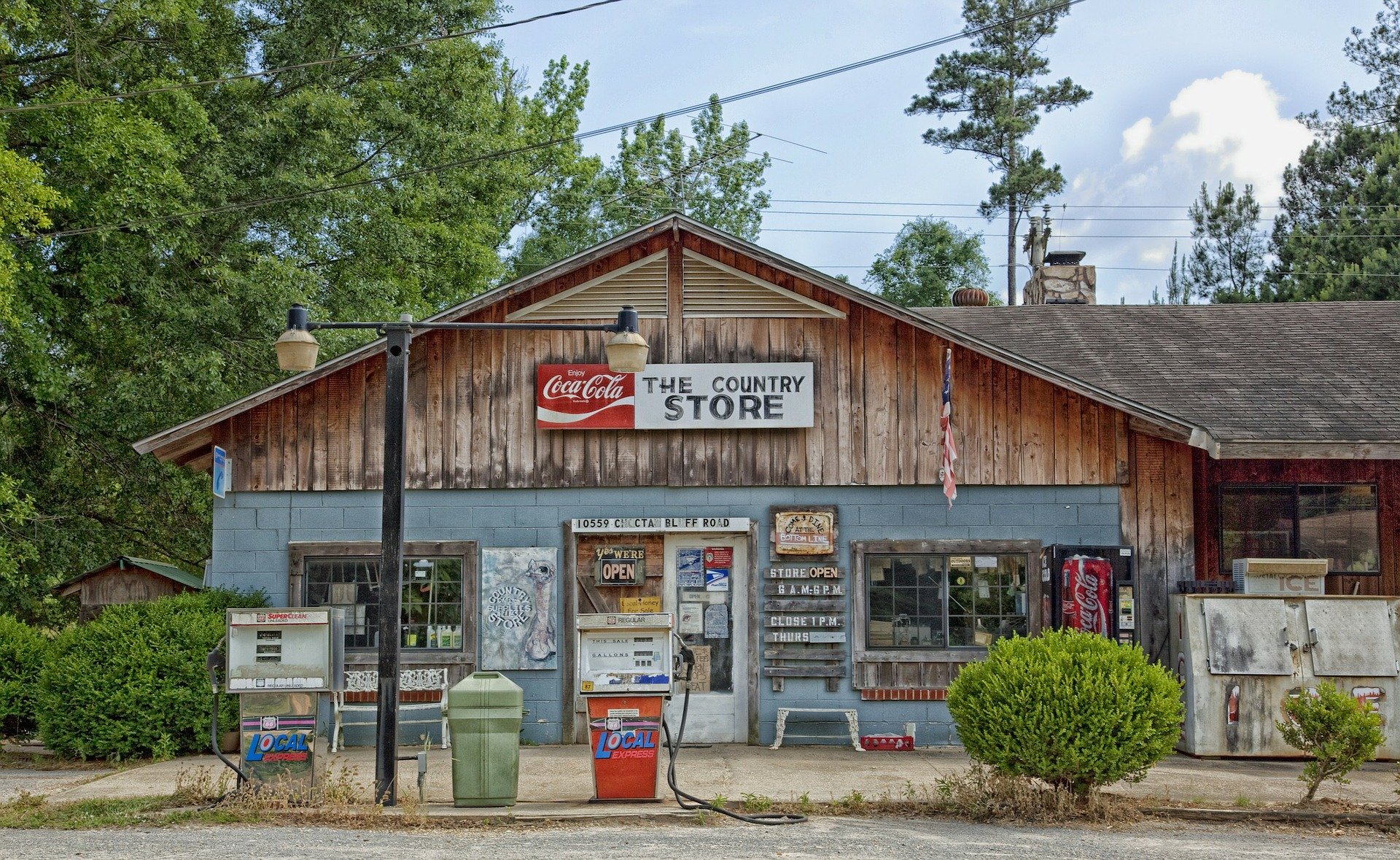The media relations landscape has never changed so quickly. Virtually overnight, media relations has pivoted to “all coronavirus, all the time,” as editors and reporters work feverishly to understand the impact of a virus that has upended all of our lives.
How can a PR agency communicate in a crisis like this? It can be summed up in a single word. Pivot—and the faster, the better.
In the last few weeks, we’ve worked closely with our clients to quickly adjust their communications programs and meet the needs of editors, reporters and other audiences. Clients have stepped up to creatively collaborate with us and become part of the media conversations that are changing hour by hour. We’re proud of the way they’ve responded. And in working with media on behalf of our clients, we’ve identified four essential principles for PR during the coronavirus pandemic.
Read the room.
The worst thing PR professionals can do right now is send pitches that are tone-deaf or irrelevant. Now is the time to understand and respect the changing needs of editors and reporters, and only offer them the information that matters to them now. Save the routine communications for later; otherwise, you’ll lose the respect of the very people you’re trying to reach.
As one reporter recently shared on Twitter: “Dear PR friends, this is simply not the time to be casually dropping in to see what types of stories I’m working on or telling me about your client’s new skincare product. Please, spare my inbox just once in these trying times.”
Share your insights.
Does your company have unique insights that can help reporters better understand the current crisis? Now is the time to step forward, but only in an unbiased, non-promotional way.
For example, one of our clients, a leading national law firm, created a Coronavirus Resource Center to share insights on legal issues arising from COVID-19; it’s become a rich resource for business media. An ad-tech client created an infographic that advises brands on how to shift their advertising strategies in real time. We wrote an op-ed for another client on managing supply chain crises. And we’re coordinating media interviews for another of our clients since one of their consultants is a former retail executive who helped his company navigate the SARS and H1N1 crises. We’re working with a number of our clients on media strategies during this crisis, and we’d be glad to share more examples.
Lead with empathy.
As my colleague Kirsty shared in her blog about how marketers can adapt to Covid-19, empathy is essential. Acknowledge that editors and reporters are operating in a high-stress, fast-changing environment. They’re working longer hours than usual, and they’re worried about their families and friends just like the rest of us. Even a simple recognition that you’re emailing them in a time of crisis will be appreciated.
Think beyond the current crisis.
In a webinar on the state of the retail economy today, IHL analyst Greg Buzek said there are two ways retailers will mark time after this year: BC (Before Coronavirus) and AC (After Coronavirus). We haven’t reached the AC phase yet, but it will happen. A new normal will emerge, and communication needs will shift.
We’ve already seen a few glimmers of hope. This week we surveyed key editors and reporters, asking them how we could better serve them as they cover the COVID-19 pandemic. A reporter for a top-tier national publication responded that her coronavirus coverage was actually starting to slow a bit, and she was returning to stories she was working on before the crisis.
There will be a time for new product press releases, customer announcements, case studies, blogs and thought leadership content that’s not focused on coronavirus. We’re not quite there yet. However, now is the time to begin planning, focusing on “AC” strategies, and developing the kind of content and media relations programs that will resonate in the AC era. Companies that do this will be the ones that succeed as we emerge from this present crisis.


